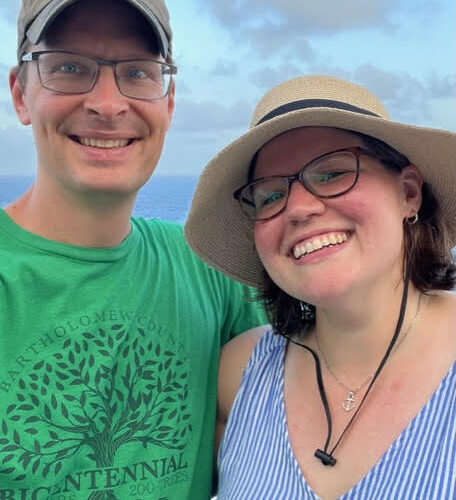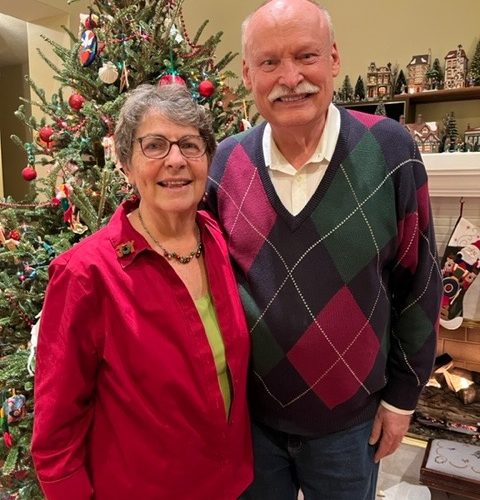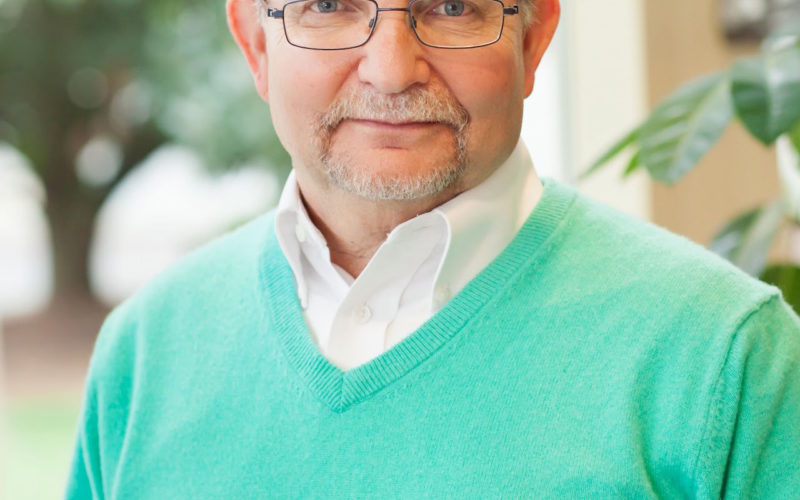HAIKAST II – Magical Words
Do you ever feel like you are in the need of some elusive, magical words to resolve a situation?
I know I do.
That feeling often comes when I am convinced that there are no words designed to communicate my heartfelt intention.
I don’t mean to make that sound like a bad thing.
Biblically speaking, this feeling is summed up by the classic Romans 8:26 verse: “…. the Spirit helps us in our weakness. We do not know what we ought to pray for, but the Spirit himself intercedes for us with groans that words cannot express.”
Words are tools of communication. There are times when words, like a prayer of great conviction, have broken through doubt, depression, or confusion to steady me. But there are times when words are not enough… When words are not the right tools for the job.
I’ve spent most of my life thinking that words should be able to solve any problem. That there are magical words that strike the anvil of reconciliation and wield a power to make everything better. I’ve found this to not be true.
In a similar vein, in my personal thought life, I get caught in cycles of wondering what words I can tell myself that will alleviate mental anguish.
When I have persistent negative feelings, my thoughts are a nebulous mass of words. It is a duel of irrationally created words wrapped in strong emotions being countered by my forced, internal, rational responses.
I have learned that words spoken or thought can not make feelings go away.
For loved ones with years of familiarity with me and genuine care for my mental well being, the same hopes for word solutions may be equally dashed. That is ok.
My wife and I have talked about the magical words. Beyond dealing with mental health alleviation, we also want magical words to gain relief from grieving death, finding forgiveness with friends, resolving cultural conflicts that never seem to cease. The desire for such magic goes on and on.
We all have situations in our lives that we want to go away AND we want them to go away by our commitment to finding the solution. It’s not that we want to evade, forget, or defer responsibility, we want to do the work and use the words and make the plan and have it all fixed.
I want magical words that conquer bipolar illness. To read the top 10 tips and execute them expertly. To hear the prayer, believe the hope, and feel the healing. To remember my therapist’s words the last time I turned the corner and do it once again, to stand firm in the encouragement of my friends. That has all helped in the past. But maybe the magic is not working today.
There are days when words are not what I need. Acknowledging that can actually be the beginning of the relief.
It is a funny sort of liberation to give up on words. The groaning of the Spirit may simply be a matter of breathing through the anxiety, feeling the crisp winter air at the edge of my nostrils. Deep breathing. Completely emptying my lungs. Groaning.
Or watching my cats nestled together on the couch, giving me the slow blink before nodding back off. They have no words for me, but they are communicating something worth considering. It is ok to rest. It is ok to just find the warmth of another for some time. Cats don’t need magic.
Deferring to that spiritual state of groaning doesn’t need to be a last resort. I would do well to think of it as a solid first option anytime I begin wrestling with words.
My wife is much better than me at knowing when to give up on attempting the magic tricks. I thank her for those times when we are beyond wordcraft.
Toe touch, shoulder nook
Her body language pep talk
Warmth without the words








Recent Comments